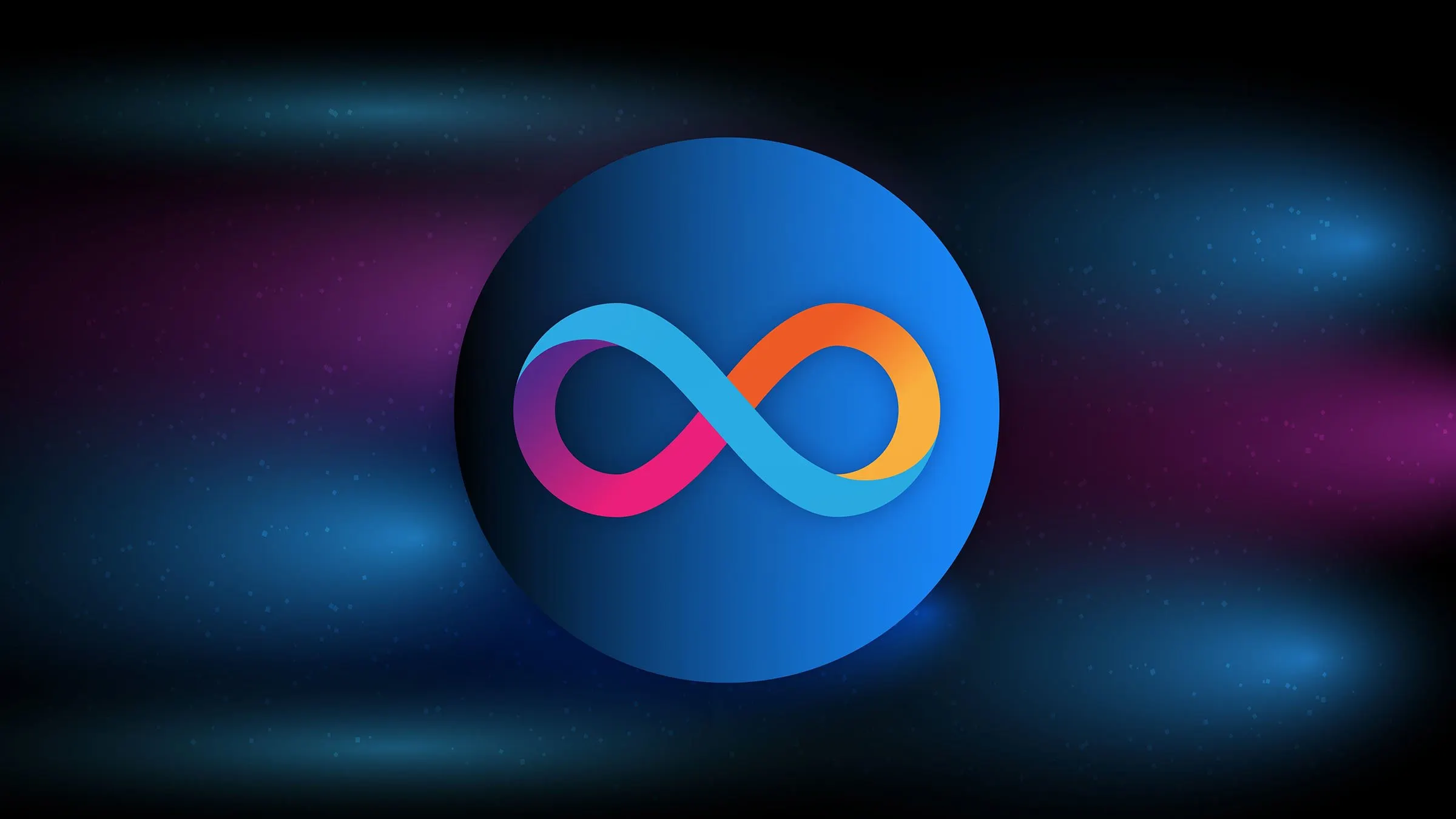A new $5 million grant program aims to advance artificial intelligence applications in the realm of blockchain technology and smart contracts. Launched today by the non-profit Dfinity Foundation, the program will fund the development of decentralized artificial intelligence, or "DeAI" for short.
Grants will be awarded in $5,000, $25,000, $50,000, and $100,000 increments of Internet Computer Protocol (ICP) tokens, with the $100,000 level reserved for larger teams or developers that have already completed work under a smaller grant.
"We're looking for serious people who can make use of Internet Computer's AI compute units," Dfinity Foundation founder and chief scientist Dominic Williams told Decrypt in an interview. "We're extra keen on that application."
The Internet Computer blockchain will serve as an autonomous cloud that allows AI models to be fully decentralized and function entirely on the blockchain, without the need for centralized cloud providers like Amazon Web Services.
Williams pointed to projects that are already using AI on the Internet Computer blockchain, including Dmail for decentralized email, and Itoka, a platform for creating AI-generated music.
In May, the Dfinity Foundation organized the BUIDL Bitcoin hackathon, for which over 200 developers collaborated on decentralized apps to support Bitcoin transactions on the Internet Computer blockchain.
While it has become trendy to shoehorn artificial intelligence into Web3 projects, Williams says the idea is to move past "blockchain theater" and focus on merging AI with blockchain technology in a meaningful way.
"You're hearing a lot of people talk about their blockchain supports AI," Williams said. "What they really mean is that the wallet has an integration for ChatGPT or something like that. It's just hot air and nothing to do with AI and blockchain."
The Dfinity Foundation claims that using Internet Computer for training AI models offers several benefits, including operating in a transparent, public network, with secure and verifiable AI execution and trustworthy results.
"We're doing it for things like medical AIs," Williams said. “If you want to create a large language model specializing in dispensing medical advice, it becomes very important to know the models and your prompt response hasn't been tampered with."

